US M2 45 acp submachine gun, precursor to the M3 series “Greasegun”.
By Dan Shea
The SAR Expeditionary Force in the Ministry Of Defence Pattern Room, Nottingham, England
It was a cold December day when our three man squad left the relative safety of our various locations in the United States and crossed the Puddle to that rainy island on the other side. (Grizzled veterans of the Road Wars know that the Atlantic is the “Puddle” and the Pacific is the “Pond”). Headquarters had intel that the Brits were planning on cutting up their collection again- a bi-annual event it seems, but after the events several years back where the Blair government managed to disarm most of the legitimate citizens of this great island, chopping up their firearms and leaving them prey for the criminal element, well, who really knows what the government might be capable of.
The thought that this wondrous collection of history and martial technology might be destroyed has thrown much of the small arms world into an uproar. In typical fashion, the Small Arms Review had to take action, and what we are limited to is trying to record what is there photographically, and to get the message out to the firearms, law enforcement, military and scientific communities what is in danger there.
We found ourselves warmly welcomed by the Staff at the MOD Pattern Room, and settled into a daily routine of shooting studio photos of whatever seemed unique and pricelessly historic. 700 frames and one week later, we left and started the task of preparing to bring this information to the readers. This article provides a taste of the information in the Pattern Room- considered by many to be one of the premier Working Reference Collections in the world. We hope that you enjoy this opening essay, and will continue to bring this information to you in the form of articles as they are completed. The 700 photos that we took could barely scratch the surface of the history and technology that exists in the MOD Pattern Room, and we plan to return as often as possible to continue the studies. We supplied photography to numerous authors who have been unable to get to the UK, for their work.
The SAR Expeditionary Force hopes to continue to bring this information to you, the readers, and to continue to make SAR into a reference library that you can use forever. It is our fear that if current fashion continues, that only the photographs may remain, and we will all be poorer for that- including the very governments that sometimes hold their nose in disdain at the martial community. Only when it is necessary to “Break the glass in case of emergency”, and dust off the relics of former wars in order to learn how to defeat some modern threat will they truly understand what has been lost. The MOD Pattern Room contains such phenomenal items as Sir Hiram Maxim’s Number One, every conceivable prototype of the British firearms development, and modern pieces from the enemies of Freedom. The personnel there are outstanding, and carry an immense amount of “Institutionalized” knowledge. To deny this resource to the world community is a mistake of grandiose proportions, and we hope that the UK Government stays its hand, and finds a solution to the dilemma of the MOD Pattern Room.
We look back in history to see forward to the future, and hope to learn the lessons others have learned to help us solve problems we encounter today.- Raffica
Try that when you have destroyed your reference library. Save the Pattern Room!
SAR would like to thank Mr. Herbert J. Woodend, Curator and Mr. Richard Jones, Assistant Curator, for their gracious hospitality and patience with us as we worked in their Collection. We would like to thank other friends there, who will show up in future articles as we print them- including the mysterious “Q”, who is rumored to have not left the “Pistol/Submachine gun Room” in almost fifteen years. For those interested in a history of the Pattern Room, SAR Volume 1 Number 6 has a wonderful article by Virginia Ezell.
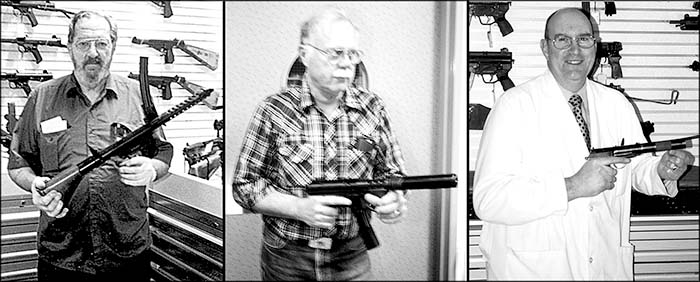

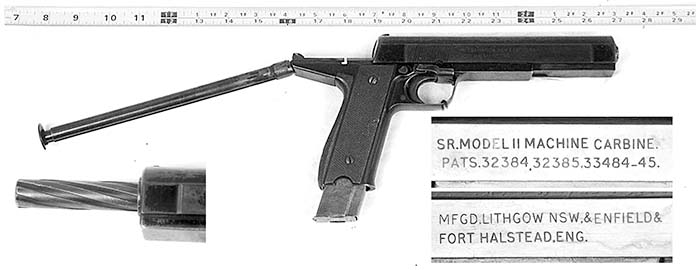
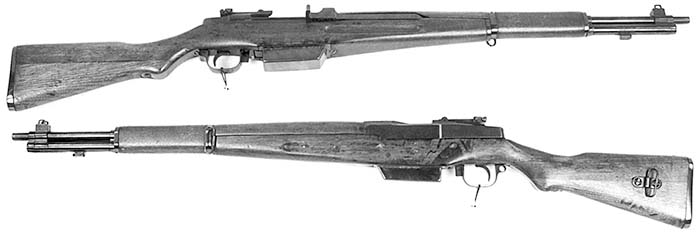

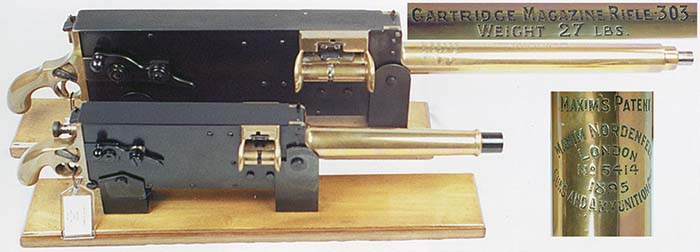
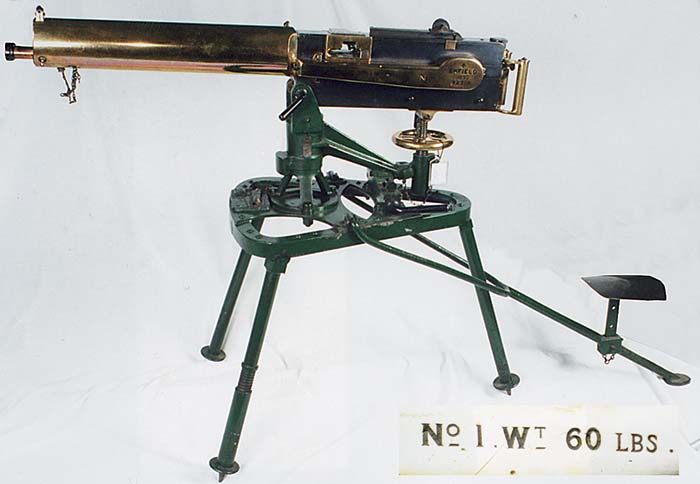
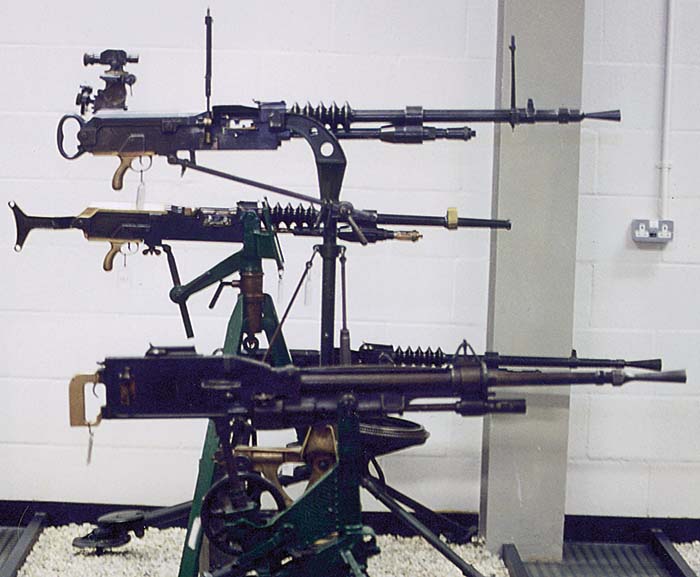

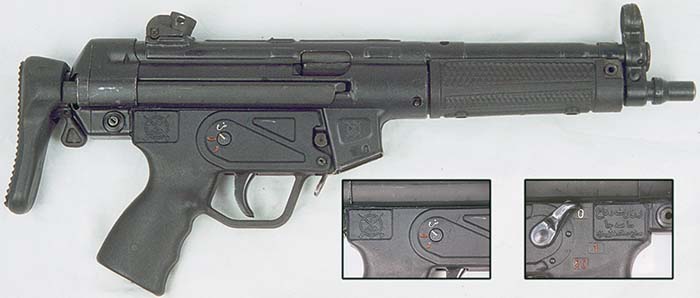


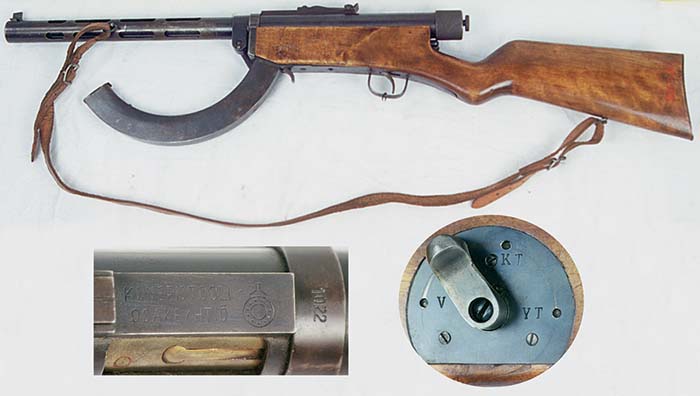
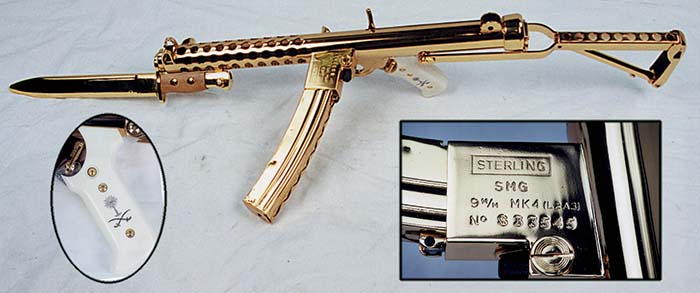
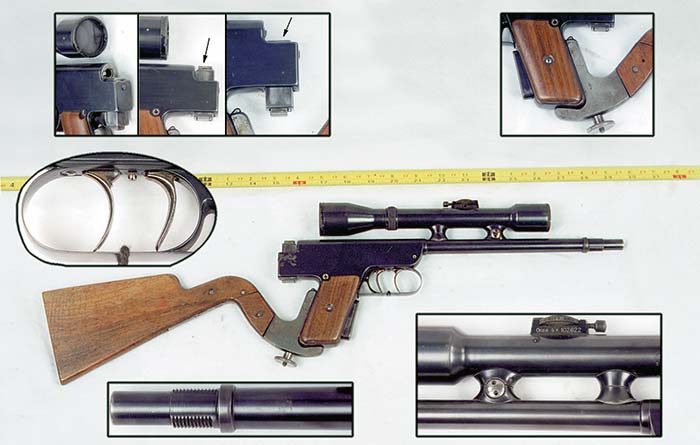
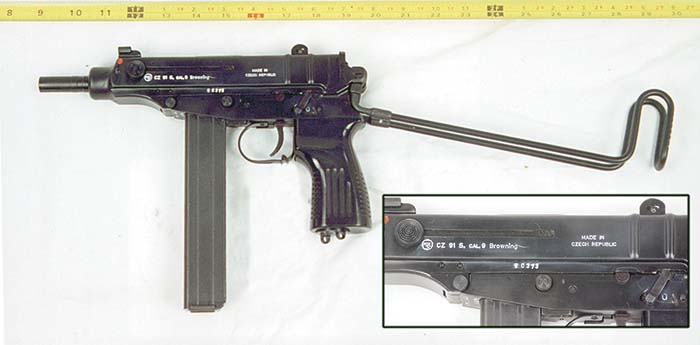
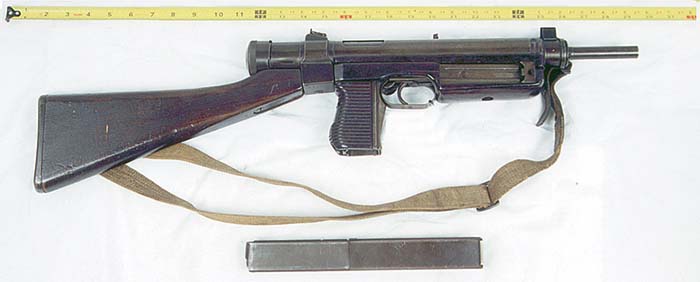
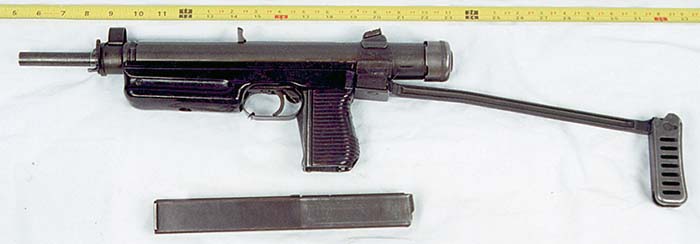
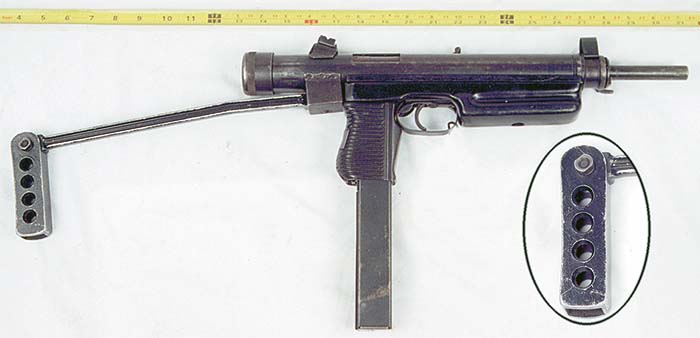
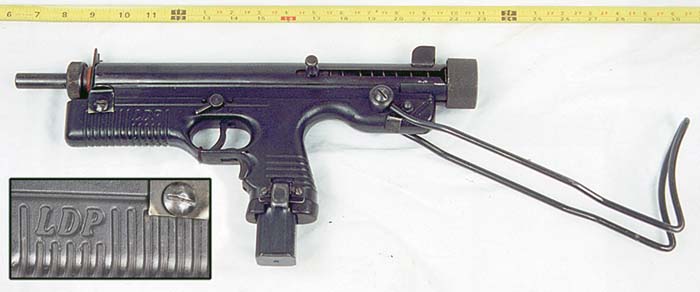
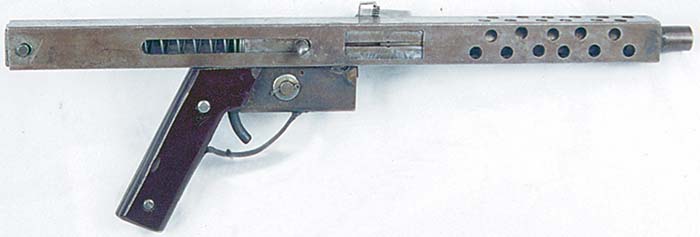
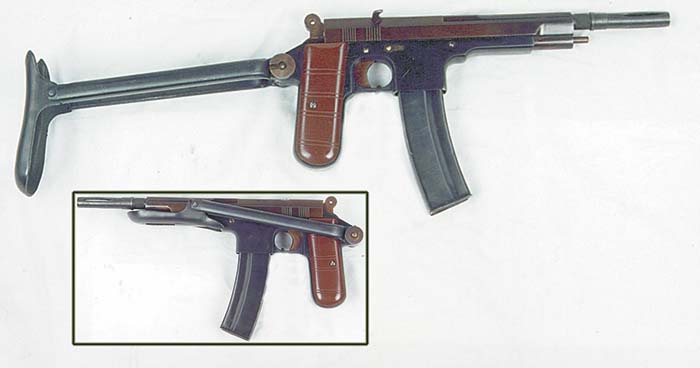

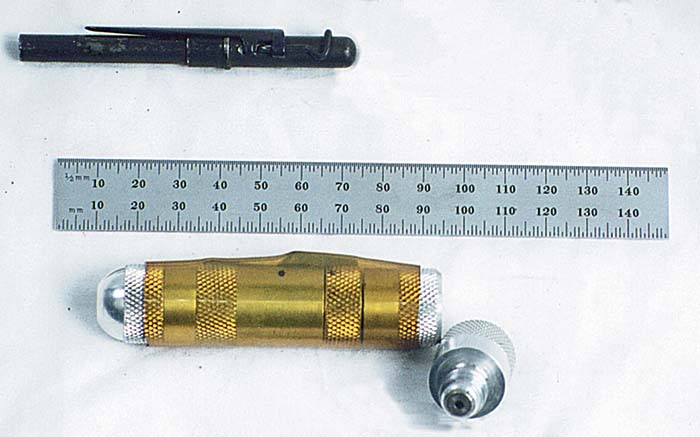
| This article first appeared in Small Arms Review V3N9 (June 2000) |











